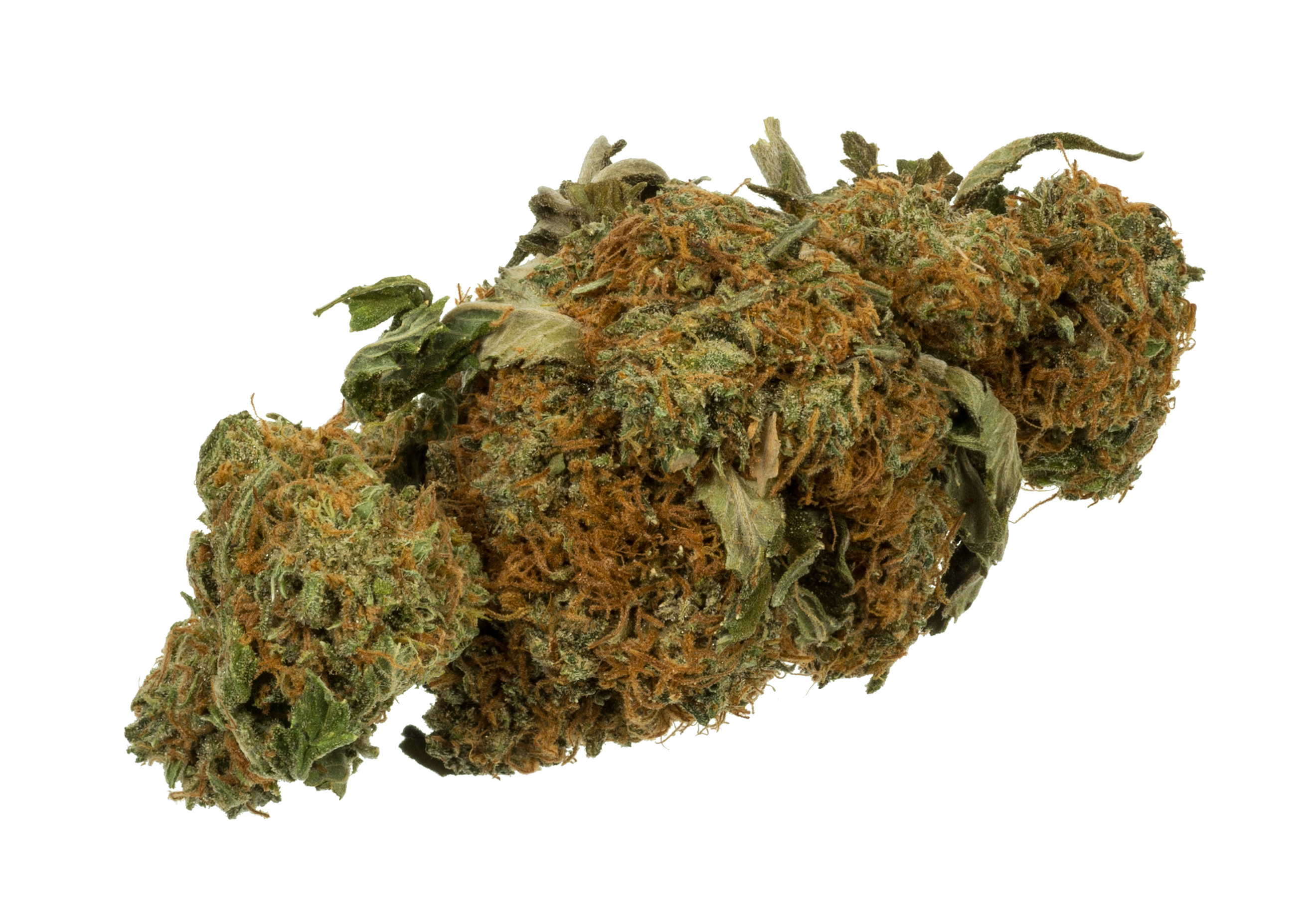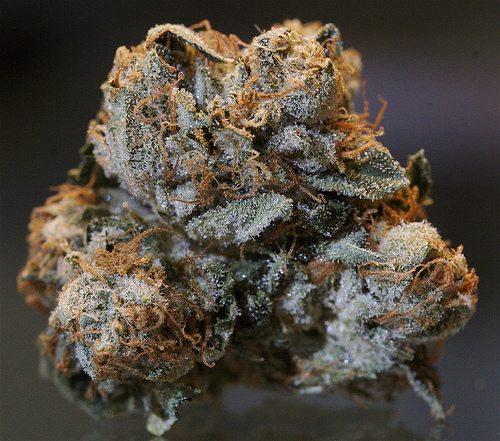
A study published last week in JAMA Internal Medicine highlights how emergency room visits for cannabis poisonings have surged among Canadian seniors in the wake of legalization.
The study found the largest increase in E.R. visits occurred after edible marijuana products became available in 2020.
The New York Times analyzed the study’s findings, writing, “Poisonings doubled after Canada legalized sale of the cannabis flower, and then tripled just 15 months later, when Canada legalized the sale of edibles.”
This spike in E.R. visits related to marijuana is not an isolated situation. A 2022 study found E.R. visits similarly increased for Canadian children who suffered from marijuana poisoning. Other researchers have found poison center reports due to marijuana exposure rose 245% from 2000 – 2020. Children are especially prone to eat candy laced with marijuana by mistake, causing them to experience a medical emergency.
When states or countries legalize marijuana, there are real consequences. The increase in cannabis poisonings shows just some of the harm marijuana causes to public health.
Marijuana today is far more potent than in years past, and it carries serious risks.
Nationwide, since 2019, the number of kids diagnosed with cannabis-induced mental disorders, including schizophrenia and psychotic episodes, has increased by 50%.
Research closely links marijuana use with increased risk for depression and bipolar disorder and to higher rates of schizophrenia in young men.
Frequent marijuana use — especially during adolescence — is associated with lower cognitive abilities, including poorer memory, attention, and learning. These effects may continue even after someone stops using marijuana.
A recent study by the American Heart Association found that marijuana users face increased risk of heart attack and stroke compared to non-users.
Marijuana smoke contains toxins and carcinogens similar to tobacco smoke.
Right now the group Arkansans for Patient Access is actively working to drastically expand marijuana in Arkansas.
The group has until July 5 to collect 90,704 petition signatures from registered voters to place the marijuana amendment on the ballot.
If passed, the amendment would give free marijuana cards to immigrants and out-of-state residents who come to Arkansas to use marijuana.
The amendment would guarantee marijuana growers and sellers a monopoly over the state’s marijuana industry.
Marijuana users would no longer need to show they suffer from a specific medical condition listed in state law — making it easier to use marijuana recreationally.
The measure also fails to limit the amount of THC that marijuana products can contain, and it repeals restrictions on marijuana advertising.
All of this would lead to more marijuana in the state.
More and more, it’s plain to see that marijuana may be many things, but “harmless” simply is not one of them.
Articles appearing on this website are written with the aid of Family Council’s researchers and writers.



